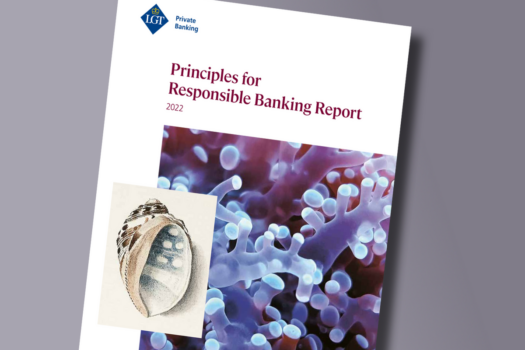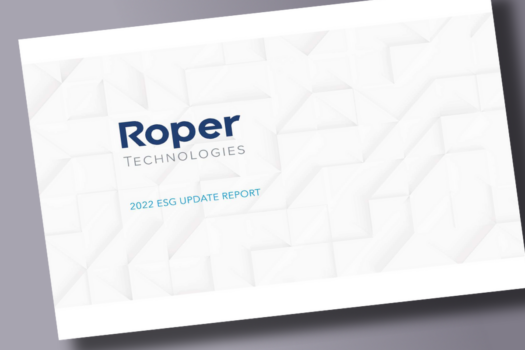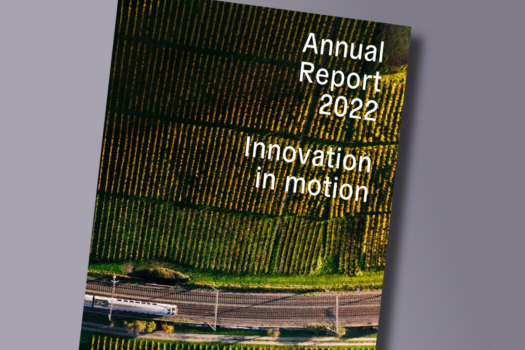Sustainability reporting is used to measure, understand and communicate your economic, environmental, social and governance performance. Aligning it strategically with your core business and management processes can raise awareness and help shift your business towards more sustainable practices. We’ll help you compile a report in accordance with the standards of the Global Reporting Initiative (GRI) or the Sustainability Accounting Standards Board (SASB), or ensure it complies with the requirements of the Communication on Progress outlined by the United Nations Global Compact (UNGC).







